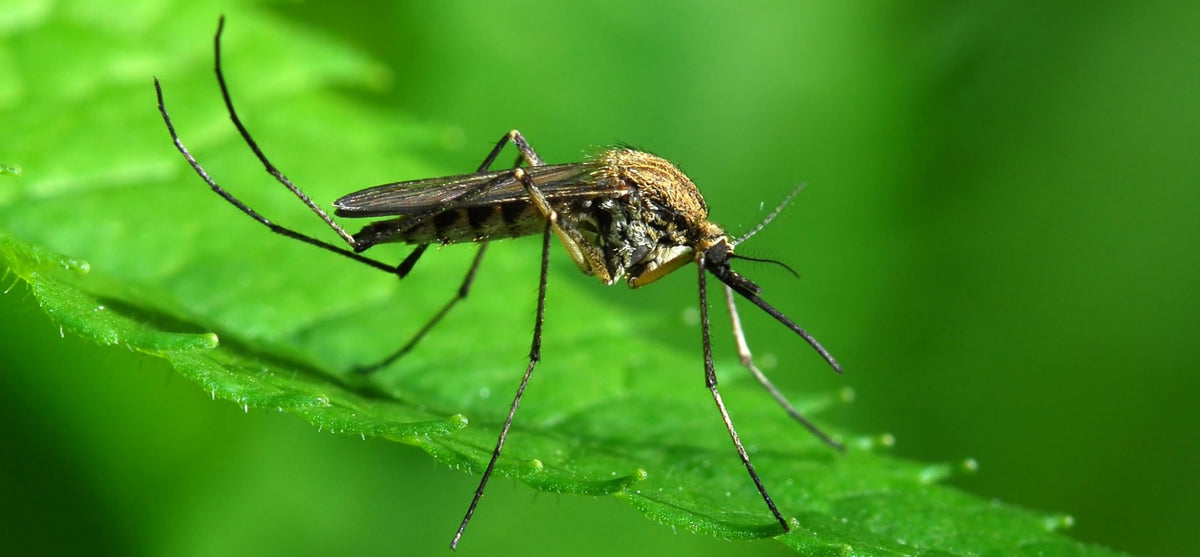
If you’re wondering why you always get bitten by mosquitoes while your friends are a bite and therefore itch-free, then you’re not alone. Often, when on holiday with a friend or a partner, you may feel like you’re always the target whilst they get off entirely free. This blog looks into why that might be the case.
Science gives a few key answers to this question. Research suggests that an estimated 20% of people are especially attractive to mosquitoes for various reasons. Although there is still much to learn about this, scientists have come up with a few possible ideas for why some people are more prone to mosquito bites than others.
Your Blood Type
Female mosquitoes rely on the protein in our blood to produce their eggs, so it makes sense that our blood type would affect how attractive we are to mosquitoes. Studies have found that individuals with Type O blood are found to be twice as attractive to mosquitoes than those with Type A blood. 85% of people produce a secretion that indicates what blood type they are, and mosquitoes are more attracted to those people than the non-secretors.
Your Carbon Dioxide Production
Mosquitoes use their sense of smell to find their targets and one of the main attractors is how much carbon dioxide you exhale. Individuals with higher metabolic rates, as well as those who are pregnant or larger, produce more carbon dioxide. Mosquitoes use an organ called their maxillary palp to smell the carbon dioxide and can do this from as far as 164 feet away…
Other Odors
Although mosquitoes use carbon dioxide as their primary attractant, other odours such as lactic acid, ammonia, and uric acid can also make mosquitoes flock to you. Strenuous exercise can increase the buildup of heat and lactic acid in your body, which can make you very appetising to these irritating insects. In addition, genetic factors influence how much uric acid and other substances are emitted from your body, which automatically makes some people more attractive to mosquitoes than others.
Bacteria on Your Skin
According to one study, the amount and types of bacteria on your skin also play a role in how alluring you are to mosquitoes. Our skin is naturally full of microscopic life that creates a distinct scent. In the study, male participants were split into two groups based on how attractive they were to mosquitoes. The ones more targeted by mosquitoes had more microbes on their skin, but fewer types. So it seems that mosquitoes are attracted to larger, but less diverse communities of bacteria.
Drinking Alcohol
Have you ever noticed that you get more mosquito bites after you drink alcohol? Probably not, but according to one study, drinking alcohol can increase your susceptibility to being bitten. The study found that the percentage of mosquito landings on the participants increased significantly after drinking one 12-ounce beer. Some researchers suspect that this has to do with the fact that drinking increases the amount of ethanol excreted in sweat and increases body temperature, but nobody knows for sure!
If you want to keep enjoying your holiday and become bite-free on your next trip, it’s time to make the most of mosquito repellents and keep yourself protected. From creams, wipes, sprays and bands, there are a variety of ways to ensure you’re protected, whilst you enjoy the heat. Check out our NEW range of Mosquito Repellent products, and choose the best ones for you. These have all been manufactured in the UK and tested to be highly effective against many biting insects, so they are really one-size fits all way of making sure you’re protected against pests when out there. They are natural, powerful plant-based formulations that show in testing to be as effective as synthetic chemicals but without the risk of side effects. They are moisturising to the skin, with a pleasant smell, benefit from being DEET & Alcohol-free and are even suitable for pregnant women and children as young as 6 months old.
